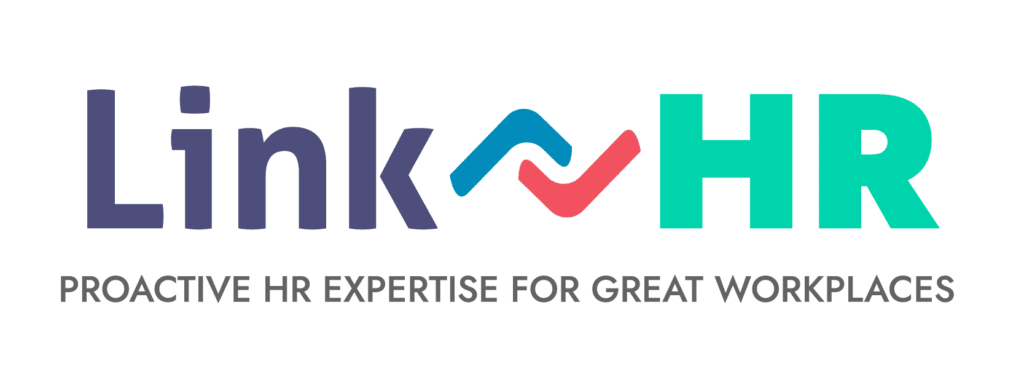Skills-Based Hiring: Revolutionizing the Future of Talent Acquisition
In the ever-evolving landscape of talent acquisition, the traditional approach to hiring is facing a much-needed transformation. As HR Consultants, we’ve witnessed firsthand the challenges faced by employers in their pursuit of the right talent for specific roles. Hiring for skills, as opposed to merely considering degrees and years of experience, not only promotes equity and inclusivity in hiring but also broadens the candidate pool significantly. Today, we delve into the concept of skills-based hiring and how it’s shaping the future of HR recruitment.
The Traditional Approach: Degrees and Years of Experience
Take, for example, an HR Generalist role. A typical job posting for this position often includes stringent qualifications, such as a post-secondary degree or diploma in Human Resources Management or Business (with an HR specialization) and 5-8 years of relevant experience in an HR Generalist role. At first glance, this may seem like a reasonable criterion, but let’s examine what’s wrong with this approach.
Firstly, such requirements exclude potential candidates who lack a post-secondary degree or the specified years of experience but possess the knowledge and skills necessary to excel in the role. Experience alone does not guarantee proficiency in performing job duties. Every candidate’s unique career journey means their five years of HR experience can vary widely in terms of the tasks they’ve undertaken, the knowledge they’ve amassed, and the skill sets they’ve developed.
Redefining the Hiring Paradigm: Skills-Based Hiring
So, what’s the solution to this conundrum? It’s time to shift our focus from qualifications on paper to the skills that truly matter for the job. Hiring managers should pinpoint the essential hard and soft skills required to perform the role effectively and identify which additional skills can be nurtured through on-the-job training.
Let’s use our hypothetical HR Generalist role as an example. The must-have skills for this role may include persuasion, facilitation, empathetic leadership, along with the requisite knowledge about provincial employment legislation requirements and the latest HR best practices. By concentrating on these skills and knowledge, you’re more likely to hire the right candidate for the job.
Benefits of Skills-Based Hiring
- Equity and Inclusion: Skills-based hiring is a game-changer for promoting diversity and inclusion in the workplace. It opens the doors to a broader talent pool, encompassing individuals from various educational backgrounds and career paths.
- Adaptability: In today’s rapidly changing business environment, skills-based hiring allows organizations to remain agile. It ensures that employees are chosen for their adaptability, critical thinking, and capacity to learn and grow in their roles.
- Improved Job Fit: Focusing on skills ensures that the candidate’s abilities align directly with the job requirements, resulting in a better job fit and increased job satisfaction.
- Reduced Skill Gaps: Rather than looking for the perfect candidate, skills-based hiring acknowledges that employees can develop and enhance their abilities over time. It bridges skill gaps through continuous learning and professional development.
The Way Forward
As HR Consultants, we firmly believe that skills-based hiring is the future of talent acquisition. It transforms the hiring process from a checkbox exercise to a strategic approach that identifies candidates with the potential to excel in a role. By emphasizing the skills and knowledge needed for success, organizations can make more inclusive, adaptable, and informed hiring decisions.
In the HR Generalist role or any other, the true measure of a candidate’s suitability lies in their competencies, not their credentials. It’s time for hiring managers and organizations to embrace this shift, fostering a more dynamic and diverse workforce in the process. Welcome to the future of hiring, where skills are the currency that truly matters.


